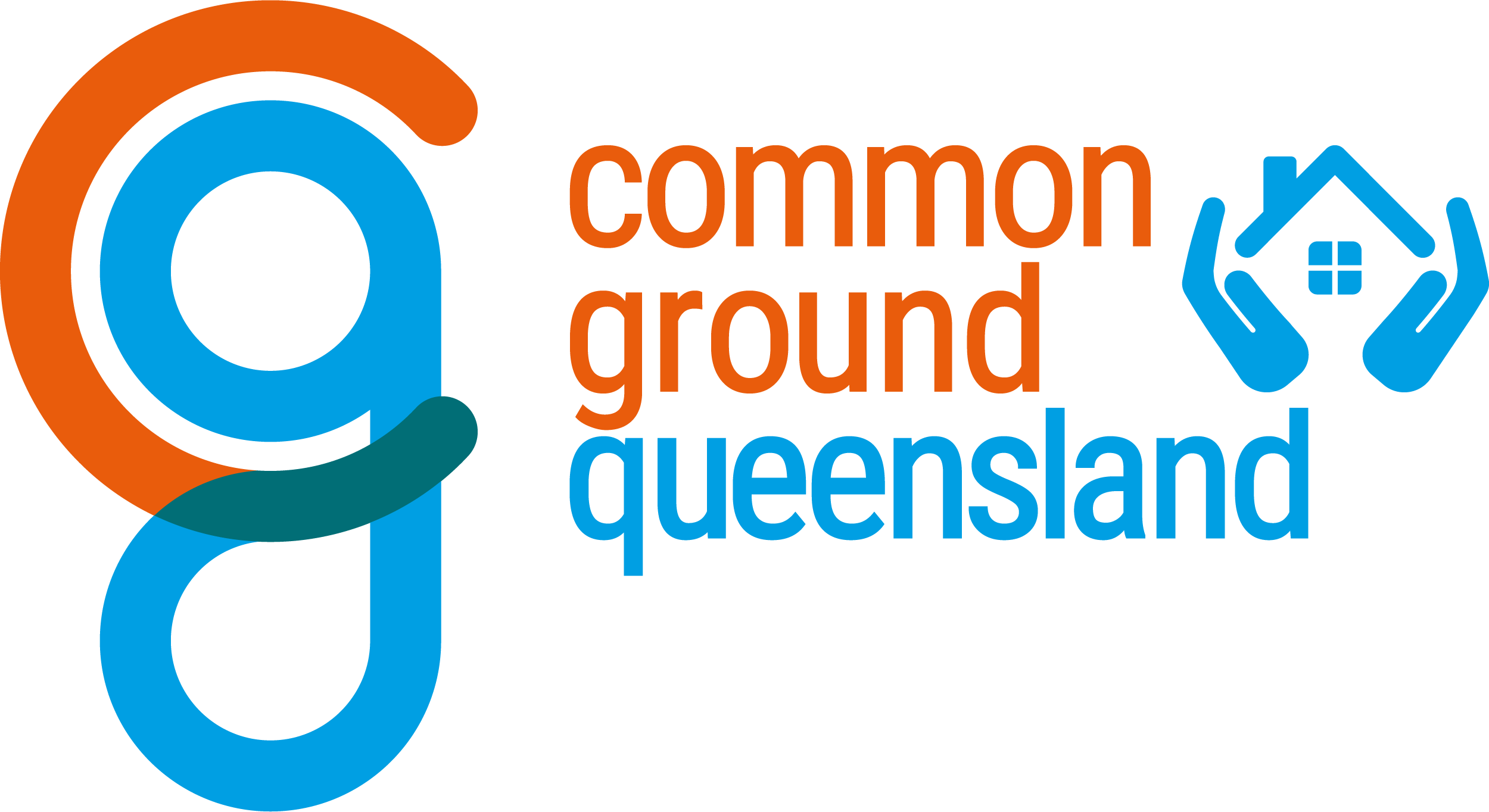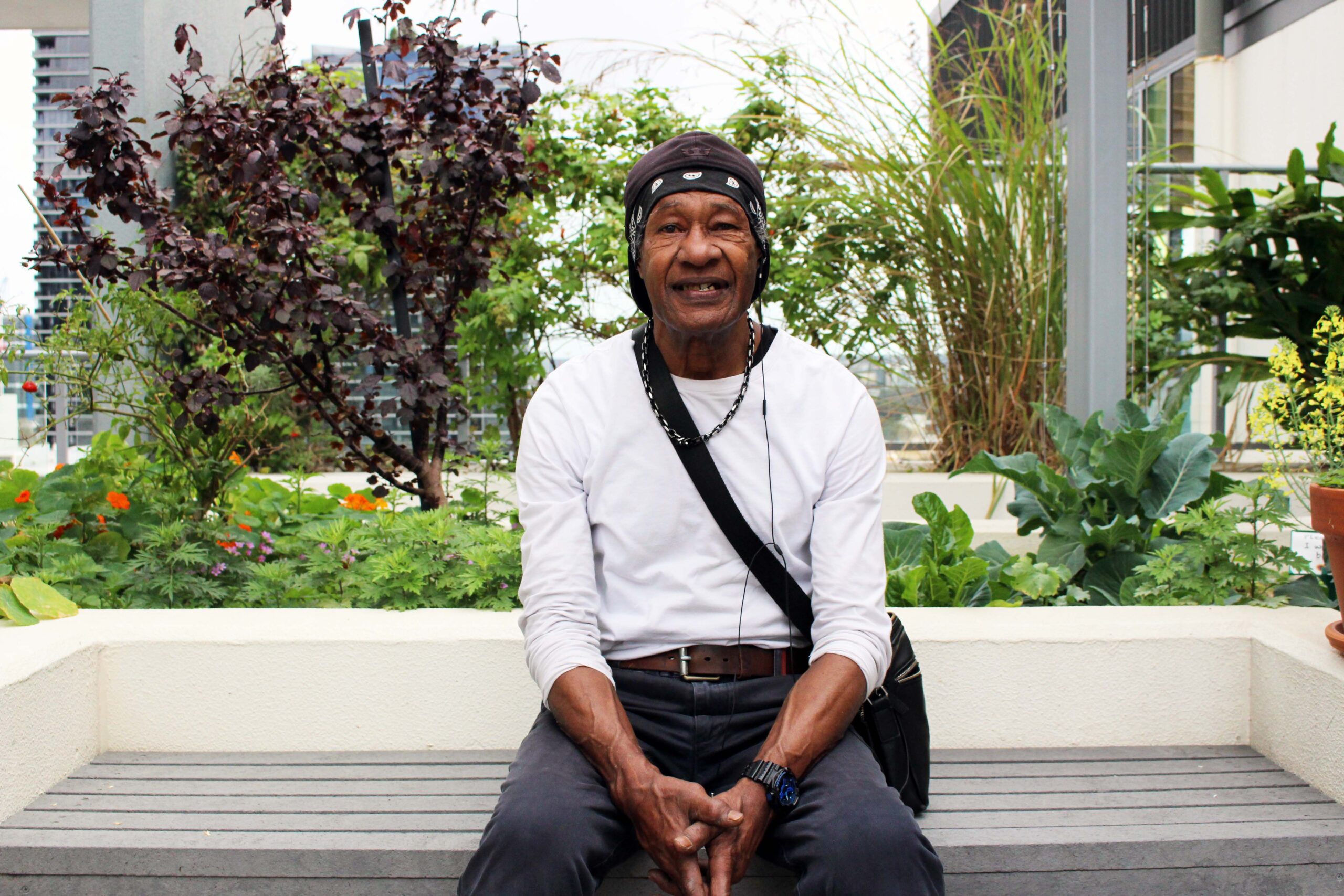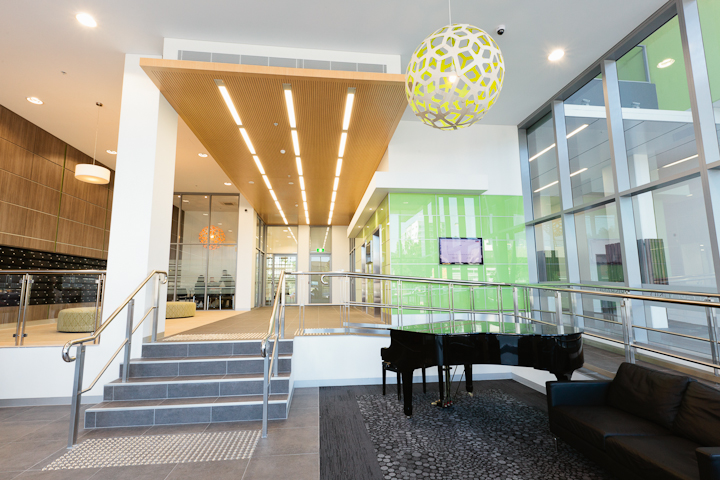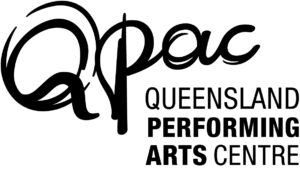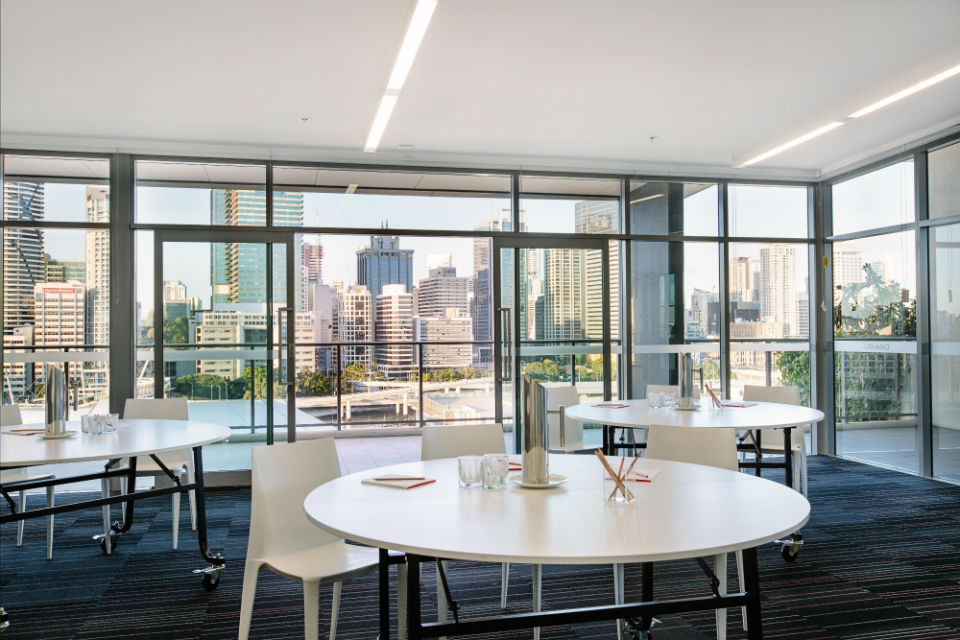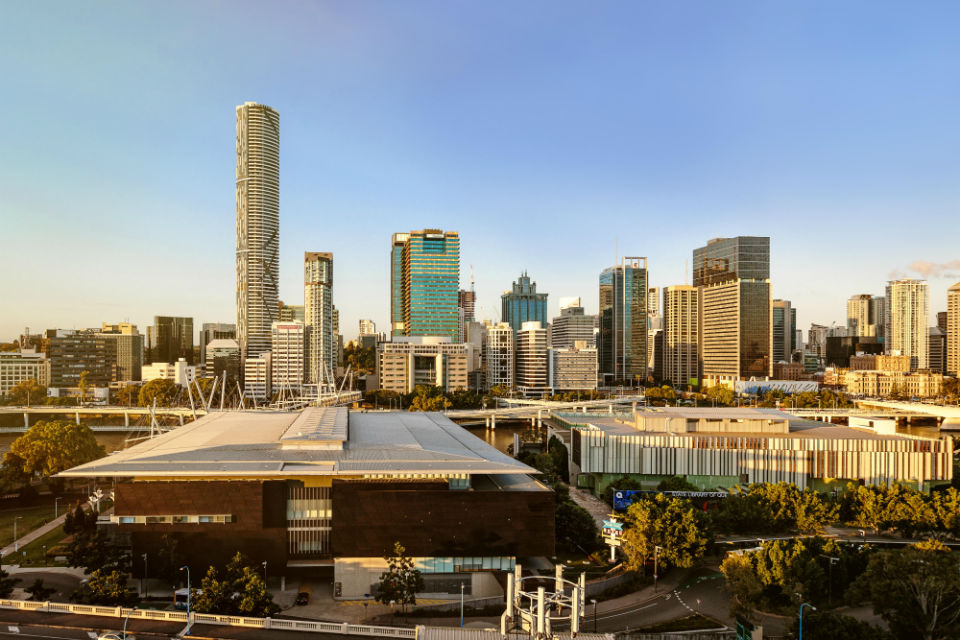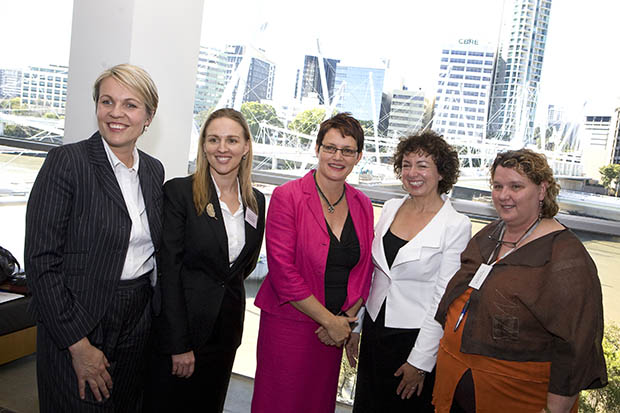Referring Policy
A. Corporate Image and Communications Policy (Governance System)
B. General Compliments, Complaints and Appeals Policy
C. Privacy and Confidentiality Policy (Governance System)
Purpose
To describe how people (other than tenants) can pay a compliment, make a complaint or appeal a decision made by Common Ground Queensland (CGQ) that directly affects them.
Procedure
Definitions
Refer to the General Compliments, Complaints and Appeals Policy for definitions of a compliment, informal complaint, formal complaint, appeal, feedback and incident.
Inform
The General Compliments, Complaints and Appeals Policy, Procedure and Form are available on the CGQ website. Hard copies of these documents can be provided on request.
Inform on-site Support Provider
The on-site Support Provider is provided with a full understanding of the General Compliments, Complaints and Appeals Policy and Procedure by CGQ.
Complainant Rights
A complainant has the right to:
A. Have their complaint dealt with confidentially and objectively;
B. Ask for help in lodging a formal complaint from an external advocate. In this case, that organisation can contact CGQ on behalf of the complainant;
C. Request a support person to accompany them in any meetings;
D. Use interpreting and translating services;
E. Lodge an appeal if they are not satisfied with the outcome; and
F. Be informed of the outcomes or their formal complaints or objections in a timely manner.
Paying a compliment
Compliments can be registered in person, by telephone, by email or in writing. CGQ appreciates positive affirmation on any aspect of service delivery or staff performance.
Registering compliments
Compliments are registered in the External Formal Communication Register by the Administration Manager. The register allows CGQ to measure performance and to contribute to continuous improvement processes.
Lodging a complaint
A. Complaints can be raised in person, by telephone, by email or in writing.
B. All written complaints will be deemed formal complaints.
C. If a complaint is raised in person or by telephone, the attending staff member will confirm with the complainant if they wish to lodge a formal complaint.
D. It is preferable for complainants to record their concern on a General Compliments, Complaints and Appeals Form though this is not essential.
Responding to informal complaints
CGQ will endeavour to assist complainants to work through appropriate processes to resolve informal complaints that are raised. Informal complaints are not recorded in the External Formal Communication Register.
Responding to formal complaints
A. All formal complaints will be recorded in the External Formal Communication Register by the Administration Manager. The register allows CGQ to measure performance in relation to concerns and to contribute to continuous improvement processes.
B. If the formal complaint is received in writing the Administration Manager will scan the General Compliments, Complaints and Appeals Form or other correspondence (i.e. letter, email, etc.) and store electronically on the internal network.
C. All formal complaints are initially responded to by the Chief Executive Officer (CEO).
i. If the formal complaint implicates a Director, the CEO will refer it to the Chairperson of the CGQ Board for review and investigation.
ii. If the formal complaint implicates the CEO, the Administration Manager will forward it to the CGQ Chairperson for review and investigation.
iii. If the formal complaint implicates the on-site Support Provider, the CEO will forward it to the on-Site Support Provider for review, investigation and action. The on-Site Support Provider will advise the CEO when the matter has been closed and a response to the complainant has been issued. This advice will be recorded in the External Formal Communication Register by the CEO (or delegate).
D. Planned actions to respond to formal complaints are recorded in the External Formal Communication Register by the Administration Manager (or delegate). Actions are then implemented.
E. Following appropriate action, the formal complaint will be closed by the relevant CGQ representative. This is recorded in the External Formal Communication Register by the Administration Manager (or delegate).
Review of a decision (Appeal)
A. When the person is not satisfied with a decision made by CGQ, they may appeal the decision in the same way as raising a complaint.
B. In this case, the Administration Manager will note that the concern is an objection to a decision in the External Formal Communication Register.
C. A review of a decision is always managed by the Chief Executive Officer (CEO), except in instances where the initial formal complaint or appeal is about the CEO or a Director, in each case the appeal process will be managed by the Chairperson of the CGQ Board.
D. Following appropriate investigation and action, the appeal will be closed by the CEO. When this occurs the person making the appeal is informed in writing. This is recorded on the External Formal Communication Register.
E. When a person is not satisfied with an appeal decision made by the CEO, they can contact the CGQ Board in writing.
F. The CGQ Board will discuss the appeal at their next meeting. Following appropriate investigation and action, the person making the appeal is informed of the determination in writing. The CGQ Board’s decision is final. The decision will be recorded by the Chair’s delegate in the External Formal Communication Register and the appeal will be closed.
G. Complainants can also make a formal complaint with the Queensland Registrar of the National Regulatory System for Community Housing (NRSCH). The Registrar investigates formal complaints about community housing providers that have been registered under the Housing Act 2003. Formal complaints can be lodged about a community housing provider’s performance against the Regulatory Code.
Response Timeframes and Communication
A. Written acknowledgement of receipt of a formal complaint occurs within 2 business days of receiving notification of the formal complaint.
B. The target is to have a formal response issued to the complainant within 14 business days of receiving notification of the formal complaint.
C. Where resolution or outcome exceeds 14 business days, the complainant will be advised in writing of the progress to date, the anticipated date or resolution and any reasons for the delay. The target is to have all formal complaints ‘closed’ within 28 business days of receiving notification of the formal complaint. There may be instances where outcomes of corrective actions may not be fully known for longer time periods after their implementation.
D. The same timeframes apply to appeals.
Continuous Improvement and Compliance
A. The External Formal Communication Register is maintained by the Administration Manager The register can be used to identify trends, recurrent issues and undiscovered opportunities for improvement actions.
B. CGQ will provide information on its complaints and appeals to comply with the reporting requirements of the National Regulatory System for Community Housing (NRSCH).
Referenced Documents
A. External Formal Communication Register
B. General Compliments, Complaints and Appeals Form
C. General Compliments, Complaints and Appeals Policy
D. General Compliments, Complaints and Appeals Procedure
E. Housing Act 2003
Version 5.0
